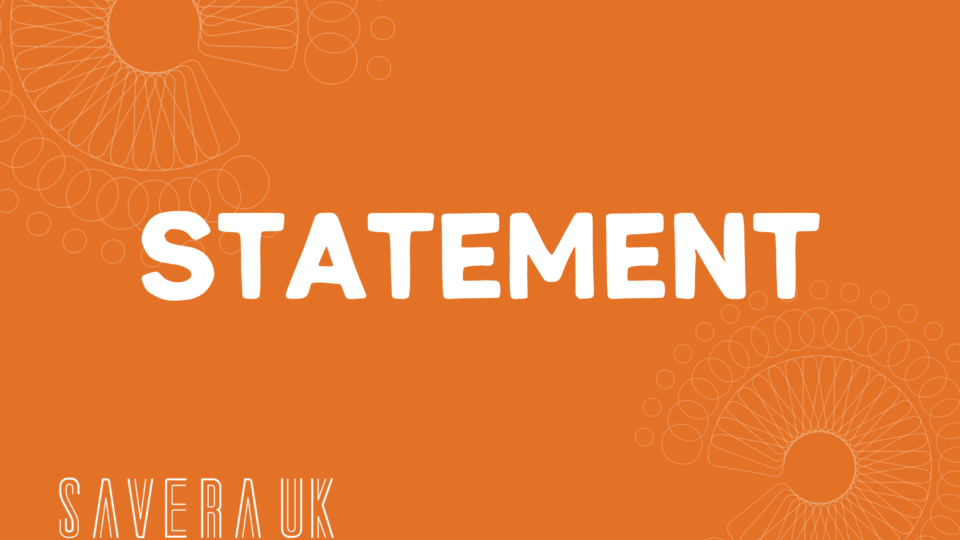The Home Office today released the latest data on ‘honour’-based abuse (HBA) offences in England and Wales for 2021 – 2022. In the year ending March 2022, there were 2,887 HBA-related offences recorded by the police in England and Wales, an increase of 6 per cent compared with the year ending March 2021 (when there were 2,725 offences).
This marks a second consecutive rise in HBA related offences and of the 2,887 HBA offences recorded, 77 were cases of female genital mutilation (FGM) and 141 were forced marriage offences.
Speaking of the latest data, Savera UK CEO and Founder, Afrah Qassim, said: “Although the 6 per cent increase in HBA related offences is less than last year’s 18 per cent rise, it is still concerning. Not only is any increase in offences that constitute an abuse of human rights unacceptable, we also believe that these figures still only reveal the tip of the iceberg.
“The true prevalence of HBA and harmful practices in the UK are unknown due to the limited data recorded, which makes it very difficult to understand the scale of the problem. While the data from the Home Office is useful, there is still no central database that specialist organisations tackling HBA and harmful practices – like Savera UK – can contribute to, so we know there are gaps in the data.
“Greater awareness of the issues, the ability for police and professionals to identify and deal with them appropriately and greater confidence amongst individuals to reach out for help are all positive developments, but if we don’t have a true understanding of the scale of the problem, how can we know the impact and what more needs to be done?
“The mandatory reporting system introduced by the Home Office in 2019 by its own definition provides information that is defined as ‘experimental’ because of gaps in the data and other compounding factors. For example, although the Domestic Abuse Act 2021 was in many ways a triumph, strengthening legislation around controlling or coercive behaviour, it does not include ‘honour’ crimes as part of the legislation, meaning that perpetrators can only be prosecuted for the specific crimes committed, such as coercive control, harassment, and stalking. This means that the voices of those at risk of HBA may go unheard by law enforcement and unrecorded in Home Office data.
“We were interested to see that 17 per cent of HBA-related offences were for controlling and coercive behaviour, mirroring our findings in research undertaken in partnership with the University of Liverpool, which showed that Emotional/psychological abuse and coercive control was the most common characteristic of ‘honour’-based abuse (HBA) and harmful practices among our clients. Having more robust baseline data like this will help specialist organisations like us and frontline workers like police officers and social workers to more easily identify and support survivors and those at risk, develop specialist HBA risk assessment tools, improve prevention strategies and inform where further research is urgently needed to help tackle these issues.
“Over the same time period as these latest Home Office figures (to year ending March 2022) Savera UK received 136 new referrals concerned with HBA, in effect almost 5% of the national recorded total. That is not to say that Merseyside and the North West have a higher prevalence of HBA-related offences, rather it reflects the work that has been done historically in the region around HBA, the establishment of clear safeguarding and referral processes involving police, healthcare and other professionals and voluntary sector organisations and this in part is due to our role as a respected and effective specialist in ‘honour’-based abuse and harmful practices.
“Year-on-year we are continuing to see an increase in referrals from professionals and individuals and the demand for our service continues to grow. Yet specific focus and funding to support survivors and those at risk, and to tackle the specific issues of HBA and harmful practices is woefully lacking.”

